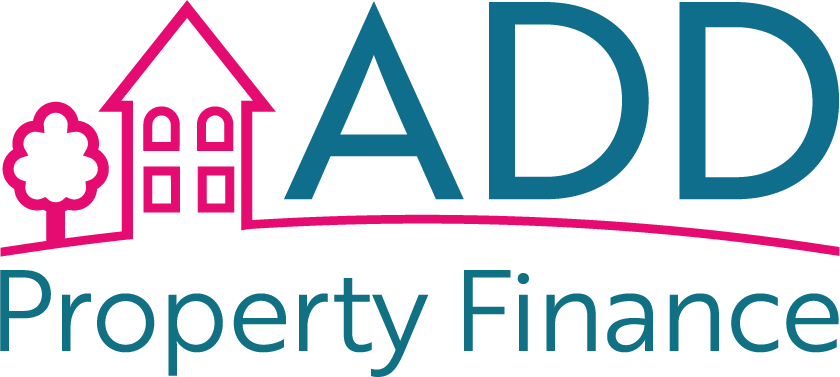Obtaining a second charge mortgage is a significant financial decision for homeowners, and it’s essential to be aware of the legal obligations and regulatory requirements that come with it. In this article, we’ll provide an overview of the key legal aspects and compliance considerations associated with second charge mortgages.
1. Regulatory Framework
Second charge mortgages are regulated by the Financial Conduct Authority (FCA) in the UK. The regulatory framework ensures that lenders adhere to specific rules and guidelines designed to protect consumers. Lenders offering second charge mortgages must be authorised and regulated by the FCA, providing homeowners with a level of protection.
2. Pre-Contractual Information
Before entering into a second charge mortgage agreement, lenders are required to provide homeowners with clear and comprehensive pre-contractual information. This includes details about the terms and conditions of the mortgage, the interest rate, fees, and the consequences of non-payment. Homeowners should carefully review this information to make informed decisions.
3. Affordability Assessment
One of the essential legal obligations is the affordability assessment. Lenders must assess the homeowner’s ability to repay the second charge mortgage without causing them financial hardship. This assessment includes a thorough review of the homeowner’s income, expenses, and other financial commitments.
4. Right to Cancel
Homeowners have the right to cancel a second charge mortgage within 14 days of entering into the agreement. This cooling-off period allows homeowners to reconsider their decision and, if necessary, withdraw from the mortgage without penalty.
5. Interest Rates and Fees
Lenders must provide clear information about the interest rates and fees associated with the second charge mortgage. The Financial Conduct Authority (FCA) closely monitors interest rates to ensure they are fair and transparent. Additionally, lenders must not charge excessive fees, and all fees must be disclosed to the homeowner.
6. Impact on the First Charge Mortgage
It’s essential to understand how a second charge mortgage may affect the first charge mortgage (the primary mortgage on the property). Homeowners should inform their first charge mortgage lender about their intention to take out a second charge mortgage, as it may require their consent.
7. Legal Advice
While not a legal requirement, seeking legal advice before entering into a second charge mortgage agreement is highly advisable. Legal professionals can provide guidance on the terms and implications of the mortgage, ensuring that homeowners fully understand their obligations.
8. Repayment and Default
Homeowners must adhere to the repayment schedule outlined in the second charge mortgage agreement. Defaulting on payments can have serious legal consequences, including potential repossession of the property. It’s crucial to prioritise mortgage payments to maintain compliance.
9. Independent Legal Advice
In some cases, homeowners may be required to seek independent legal advice when obtaining a second charge mortgage. This additional layer of protection ensures that homeowners fully understand the terms and implications of the mortgage.
10. Ongoing Regulation
Regulations and legal obligations related to second charge mortgages may evolve over time. Homeowners should stay informed about any changes in the regulatory landscape and seek advice from professionals if needed.
In conclusion, homeowners considering a second charge mortgage should be aware of the legal aspects, regulatory requirements, and their obligations under such agreements. It’s essential to review all documentation carefully, seek legal advice if necessary, and maintain compliance with the terms of the mortgage to protect both your home and financial well-being.







